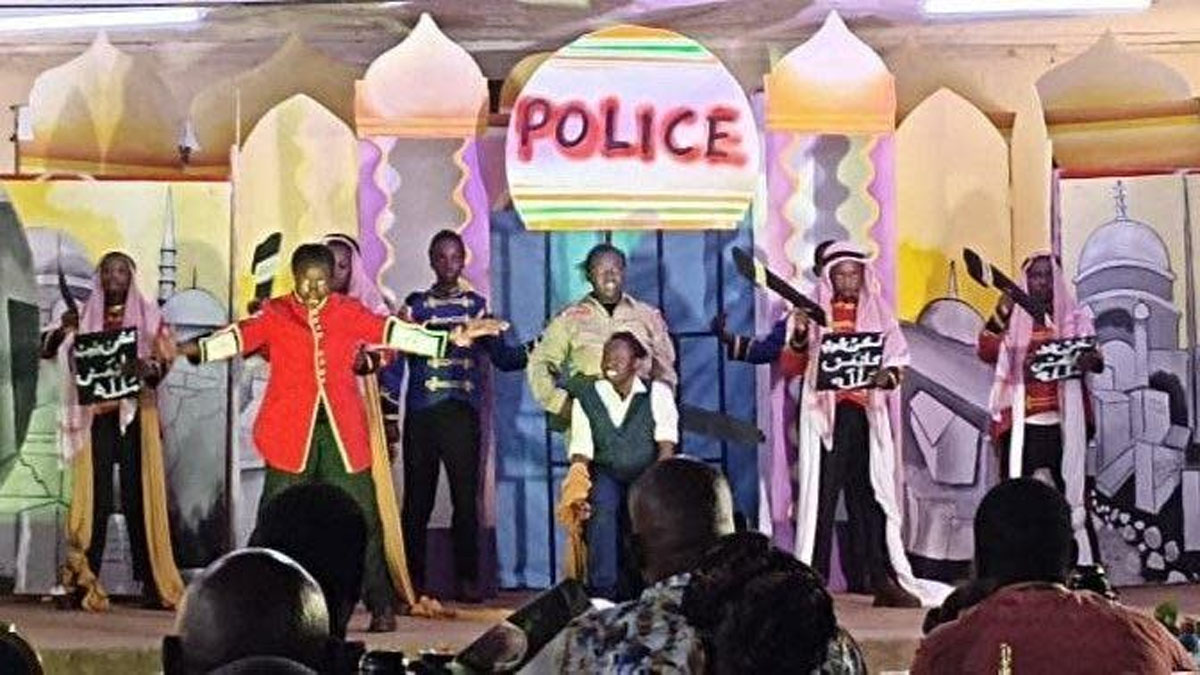
Photo Credit:Wycliffe Muia - BBC News.
In April 2025, a play staged and authored by teenage girls at a western Kenyan public high school sparked a firestorm of national furor, illustrating the nation’s uneasy relationship with dissent and freedom of artistic expression.
Echoes of War was performed by students of Butere Girls High School during the Kenya Schools Drama Festival. It was written by playwright and ex-senator Cleophas Malala. The play is the story of Mustafa, a hyper-intelligent young inventor in a fictional repressive regime, whose inventions upset moribund, repressive leadership. The uprising of young people in the play serves as a metaphor for today’s Kenya, where youth are growing frustrated with corruption and repression.
The girls had qualified for the national finals after finishing third at the Western Regionals in late March. But a few days before the April 8 production in Nakuru, the school administration abruptly pulled them out. No reason was evident, but it soon became clear that the play’s political subtext had triggered upper-level alarm.
A response was shown by alumni as well as by civil society circles. One of the alumni students, Anifa Mango, sought court action under the grounds of infringementof students’ constitutional rights. On 9 April, the High Court ruled in their favor, ordaining that students be allowed to perform.
But still, the government wasn’t done. On April 10, when the students finally took to the stage at Melvin Jones Hall in Nakuru, police prevented journalists and other students from attending. Outside, protesters gathered in protest—only to be met with tear gas. Students and civilians were observed choking, running away from uniformed officers. The scene was surreal: a school play shut down with riot control tactics.
This is not the first time Butere Girls have had their work censored. In 2013, their play Shackles of Doom, which touched on ethnic inequality, was also banned before a court ruling overruled the ban.
What’s clear is that Echoes of War struck a chord. A fictional kingdom, a rebellious inventor, a generation revolution—too real, maybe, to real frustrations of young Kenyans under an ossifying political class. And so, instead of celebrating imagination, the state responded with repression.
But these students did not just perform a play—they exposed a system. And in the process, they reminded all of us that sometimes the loudest truth is sounded by the quietest stage.

















